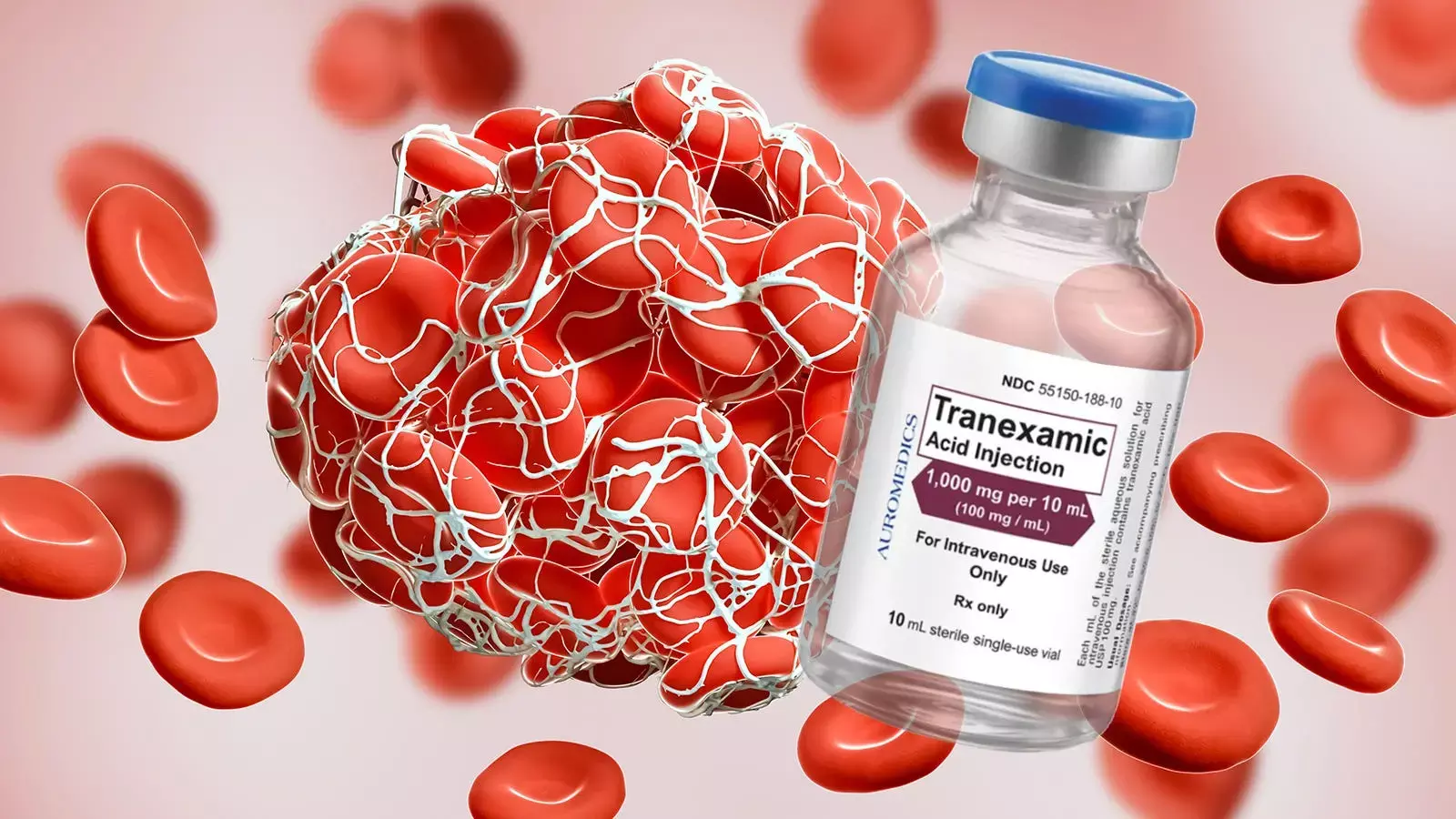- Home
- Medical news & Guidelines
- Anesthesiology
- Cardiology and CTVS
- Critical Care
- Dentistry
- Dermatology
- Diabetes and Endocrinology
- ENT
- Gastroenterology
- Medicine
- Nephrology
- Neurology
- Obstretics-Gynaecology
- Oncology
- Ophthalmology
- Orthopaedics
- Pediatrics-Neonatology
- Psychiatry
- Pulmonology
- Radiology
- Surgery
- Urology
- Laboratory Medicine
- Diet
- Nursing
- Paramedical
- Physiotherapy
- Health news
- Fact Check
- Bone Health Fact Check
- Brain Health Fact Check
- Cancer Related Fact Check
- Child Care Fact Check
- Dental and oral health fact check
- Diabetes and metabolic health fact check
- Diet and Nutrition Fact Check
- Eye and ENT Care Fact Check
- Fitness fact check
- Gut health fact check
- Heart health fact check
- Kidney health fact check
- Medical education fact check
- Men's health fact check
- Respiratory fact check
- Skin and hair care fact check
- Vaccine and Immunization fact check
- Women's health fact check
- AYUSH
- State News
- Andaman and Nicobar Islands
- Andhra Pradesh
- Arunachal Pradesh
- Assam
- Bihar
- Chandigarh
- Chattisgarh
- Dadra and Nagar Haveli
- Daman and Diu
- Delhi
- Goa
- Gujarat
- Haryana
- Himachal Pradesh
- Jammu & Kashmir
- Jharkhand
- Karnataka
- Kerala
- Ladakh
- Lakshadweep
- Madhya Pradesh
- Maharashtra
- Manipur
- Meghalaya
- Mizoram
- Nagaland
- Odisha
- Puducherry
- Punjab
- Rajasthan
- Sikkim
- Tamil Nadu
- Telangana
- Tripura
- Uttar Pradesh
- Uttrakhand
- West Bengal
- Medical Education
- Industry
Tranexamic acid combined with compression dressing beneficial in gluteal muscle contracture surgery: Study

Tranexamic acid combined with compression dressing reduces blood loss in gluteal muscle contracture surgery, according to the recent study published in the BMC Surgery.
Blood loss and incision-related complications caused by the surgical procedure to release gluteal muscle contracture (GMC) put negative effects on the surgical outcomes. Current procedures to prevent blood loss and complications are not satisfactory. The current study aimed to determine whether tranexamic acid (TXA) in combination with pressure dressing reduce the amount of blood loss, the rate of incision-related complications, and the rate of readmission for patients undergoing surgeries to release GMC.
49 GMC patients were finally included in the study and were randomly divided into two groups: study group and control group. Patients in both groups received minimally invasive surgery to release GMC except that in the study group, patients were administered a dosage of 20 mg/kg of intravenous TXA preoperatively, and 2 subsequent dosages of TXA at 10 mg/kg at two-time points: 3 and 6 h after the first dose. Gauze soaked with TXA was used to pack the wound for 10 min before the incision closure. Then the wound was pressure-wrapped with a hip-spica bandage for 24 h after the surgery in the study group.
The results of the study are as follows:
The level of UBL in the study group was significantly lower compared to that in the control group. Similar results were also found for UMHD and UMAD. The incision-related postoperative complications were greatly decreased in the study group compared to those of the control group as well. So was the 30-day readmission rate. All patients in both groups reached Tranexamic acid combined with compression dressing reduces blood loss in gluteal muscle contracture surgeryTranexamic acid combined with compression dressing reduces blood loss in gluteal muscle contracture surgery"excellent" or "good" levels with respect to the postoperative function evaluation.
Thus, the researchers concluded that intravenous and topical application of TXA combined with 24 h pressure hip-spica bandage reduces perioperative blood loss, rate of incision-related complications, and the rate of readmission for GMC patients undergoing the minimally invasive surgical releasing procedure.
Reference:
Tranexamic acid combined with compression dressing reduces blood loss in gluteal muscle contracture surgery by Jun Ma, et al. published in the BMC Surgery.
https://bmcsurg.biomedcentral.com/articles/10.1186/s12893-022-01497-z
Dr. Shravani Dali has completed her BDS from Pravara institute of medical sciences, loni. Following which she extensively worked in the healthcare sector for 2+ years. She has been actively involved in writing blogs in field of health and wellness. Currently she is pursuing her Masters of public health-health administration from Tata institute of social sciences. She can be contacted at editorial@medicaldialogues.in.
Dr Kamal Kant Kohli-MBBS, DTCD- a chest specialist with more than 30 years of practice and a flair for writing clinical articles, Dr Kamal Kant Kohli joined Medical Dialogues as a Chief Editor of Medical News. Besides writing articles, as an editor, he proofreads and verifies all the medical content published on Medical Dialogues including those coming from journals, studies,medical conferences,guidelines etc. Email: drkohli@medicaldialogues.in. Contact no. 011-43720751


